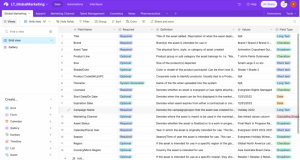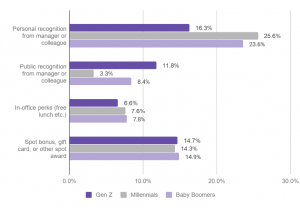
Manufacturers can get more than their fair share of channel sales and margins by improving price management for every dealer, distributor, and reseller they sell-through. It’s possible to expand earnings by 50% on slight increases in volume when pricing is consistent channel-wide. McKinsey’s latest research on the topic, Pricing: Distributors’ Most Powerful Value-Creation Lever, shows how the highest performing distributors use pricing to create value. For manufacturers competing for more sales through distributors, they share with competitors, improving their channel partners’ margins is the single best strategy to win more sales and long-term loyalty.
- A 1% price increase yields a 22% increase in Earnings before Interest & Taxes (EBITDA) margins for distribution-based businesses.
- It would take a 7.5% reduction in fixed costs to achieve the same 22% increase in EBITDA that a 1% increase in pricing achieves.
- A distribution-based business would need to increase volume by 5.9% while holding operating expenses flat to achieve the same impact as a 1% price increase.
- Channel partners are more loyal to margin than manufacturers, which is why price management needs urgent attention on CPQ roadmaps.
CPQ Strategies Need To Deliver More Margin Back To The Channel
The typical manufacturer who has over $ 100M in sales generates 40% or more of their sales through indirect channels. The channel partners they recruit and sell through are also reselling 12 other competitive products on average. Which factors most influence a distributor or channel partner’s decision to steer a sale to one manufacturer versus another? The following are the steps manufacturers can take now to improve price management and drive more channel sales:
- Upgrade the pricing module in CPQ to deliver more than configurable price lists to include pricing waterfalls, automated approval levels for pricing requests, and discounts. Distributors drive more deals to manufacturers whose CPQ systems are designed to give them greater freedom in tailoring pricing to every customer and selling situation they have. Automating approval levels using machine learning-based supervised algorithms that serve as pricing guardrails on every quote a channel partner creates is proving effective at delivering a 1% price increase which drives margin back to resellers. The more a manufacturer can make margins flow back to its channel partners, the faster the channel partners can grow. The following graphic from McKinsey’s latest pricing research illustrates why.
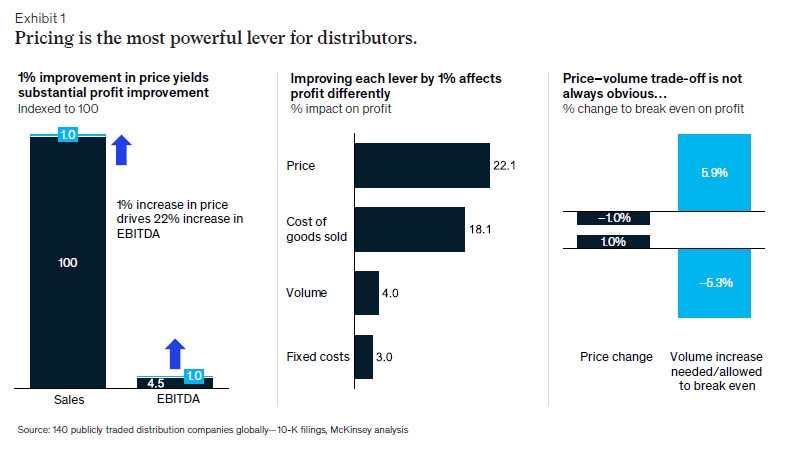
- Distributors will drive more deals to manufacturers who automate pricing approvals, guiding their sales teams to the largest and most profitable deals first. One of the best ways to compete and win more deals through channel partners is to achieve the ambitious goal of delivering pricing approval within seconds on a 24/7 basis. Pricing needs to provide guardrails that guide channel sales reps to the largest, most profitable, and most ready-to-buy new and aftermarket sales opportunities. Manufacturers capturing more channel sales are relying on machine learning-based pricing systems that optimize price approvals while recommending only those new and aftermarket deals that will drive a 1% or greater price increase. Machine learning is making solid contributions to automating pricing approvals. It’s proving most effective when it is balanced with the flexibility of responding to subjective competitive situations where pricing on specific products need discounts to win deals in aggregate. The following workflows from Deloitte explain how this is being accomplished today:
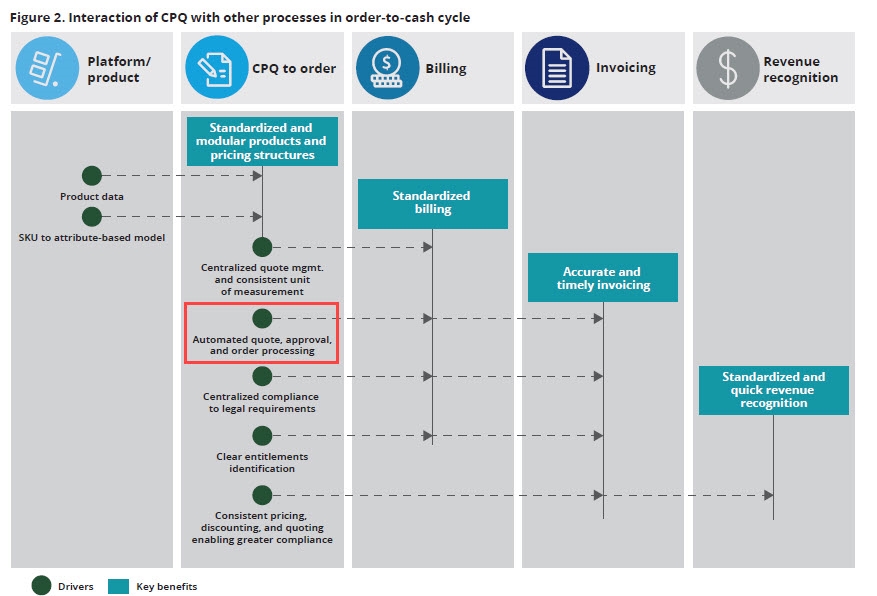
- Helping distributors solve sales compensation problems by improving price management drives more deals in the short-term and keep distributors in business long-term. Distributors start out building their sales comp plans on volume and growth alone. The problem is comp plans reward revenue growth at the expense of profits. That’s making it harder every year for distributors to stay in business. Manufacturers delivering new pricing management and optimization apps in their CPQ platforms need to provide real-time guidance on margin potential by the deal, pricing waterfall logic that includes margins, contract pricing overrides for margins and more if they are going to help their distributors stay in business.
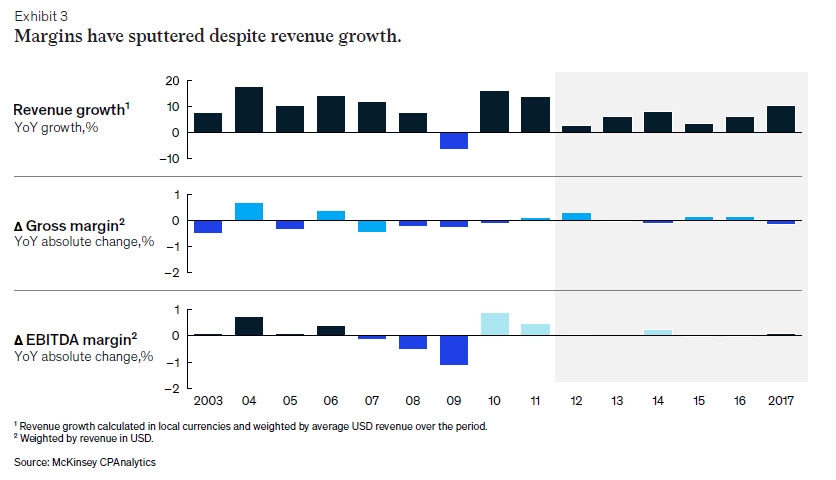
Conclusion – Pricing Is the Engine Powering CPQ’s Market Growth Today
Manufacturers who excel at growing indirect product and services revenue through channels realize that every one of their channel partners is more loyal to pricing and margins than any specific vendor they resell. Providing a CPQ application or platform they can personalize, and automate workflows is just the beginning. The bottom line is that manufacturers need to put more intensity into improving pricing today if they’re going to hold onto the distributors they have and attract new ones.
Pricing is the primary catalyst driving the CPQ market’s growth as well. According to Gartner, the CPQ grew 36% in 2017, reaching $ 1.084B with the majority of growth attributable to cloud-based solutions. It’s no wonder CPQ is considered one of the hottest CRM technologies for the foreseeable future, projected to grow at a 25% Compound Annual Growth Rate (CAGR) through 2020. Supervised machine learning algorithms capable of providing guardrails in real-time for every potential deal a reseller sales representative has is what’s needed to protect a distributor’s margins. Winning more deals with channel partners starts by respecting how vital margins are to their success and improving pricing management as part of a broader CPQ strategy that delivers results.
Sources:
Configure, Price, and Quote (CPQ) Capabilities: Why the right CPQ capability is key to transitioning to a flexible consumption model, 8 pp., PDF, no opt-in, Deloitte, 2019.
Pricing: Distributors’ Most Powerful Value-Creation Lever, McKinsey & Company, September 2019.
Business & Finance Articles on Business 2 Community
(86)
Report Post
